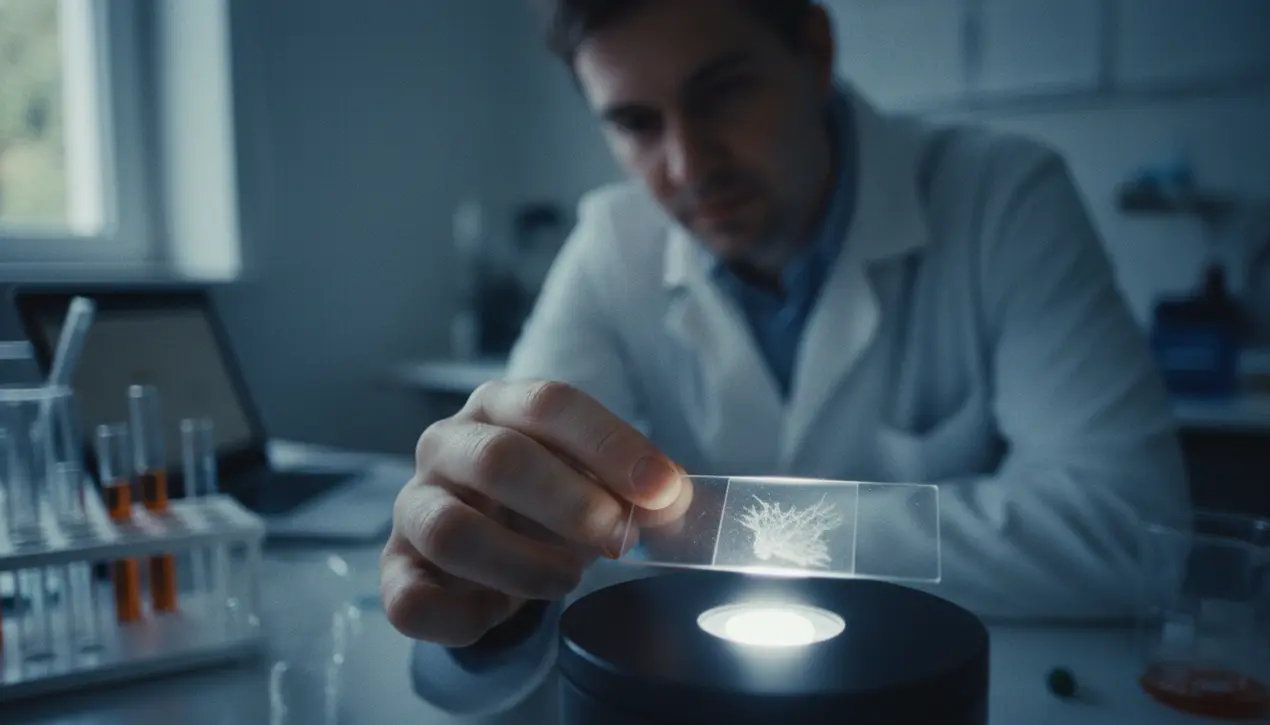
SciencemedicineInfectious Diseases
Study Finds Microclots May Explain Long COVID Symptoms
KE
Kevin White
1 hour ago7 min read
The persistent and often debilitating phenomenon known as long COVID, which has left millions grappling with a confusing constellation of symptoms like severe brain fog and chronic exhaustion, may finally have a concrete biological explanation rooted in our circulatory system. A groundbreaking study published in the *Journal of Medical Virology* points the finger squarely at microscopic blood clots, or microclots, and their associated inflammatory webs as the primary culprits.This isn't merely about the well-documented 'cytokine storms' of acute infection; this is a lingering, insidious pathology. Researchers found that these microclits, which are resilient and difficult for the body's natural fibrinolytic processes to break down, persist in the bloodstream long after the initial SARS-CoV-2 virus has been cleared.They act like microscopic roadblocks, significantly impairing capillary blood flow and creating a chronic state of oxygen deprivation at the cellular level. This hypoxia directly explains the cognitive dysfunction and crushing fatigue, as neurons and muscle cells are starved of the fuel they need to function properly.The sticky molecular web, composed of inflammatory molecules like fibrin and alpha-2-antiplasmin, traps other proteins and autoantibodies, creating a self-perpetuating cycle of inflammation and endothelial damage. This discovery is a monumental leap forward from the realm of theoretical post-viral syndromes into the tangible territory of vascular pathophysiology, echoing mechanisms seen in other conditions like chronic fatigue syndrome (ME/CFS) and certain post-treatment Lyme disease cases.For the medical community, this provides a desperately needed diagnostic biomarker; instead of dismissing patients, clinicians could potentially test for the presence of these microclits. Therapeutically, it opens up entirely new avenues, shifting the focus towards existing anticoagulant and antiplatelet regimens, or even sparking the development of novel fibrinolytics specifically designed to dismantle these stubborn clots.The implications are vast, suggesting that long COVID is not a psychological condition but a legitimate, persistent physical injury to the vascular system. It forces a re-evaluation of our entire approach to post-viral care and underscores the critical need for long-term, multidisciplinary studies to track the efficacy of treatments aimed at restoring microvascular health. This is the kind of paradigm-shifting discovery that bridges virology, hematology, and neurology, offering not just an explanation, but a tangible target for the next generation of medical interventions aimed at giving patients their lives back.
#long COVID
#microclots
#blood clots
#brain fog
#exhaustion
#medical research
#virology
#featured
Stay Informed. Act Smarter.
Get weekly highlights, major headlines, and expert insights — then put your knowledge to work in our live prediction markets.
Related News
Comments
Loading comments...
© 2025 Outpoll Service LTD. All rights reserved.